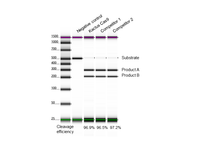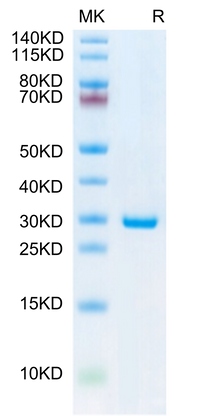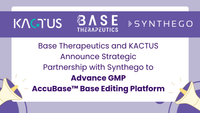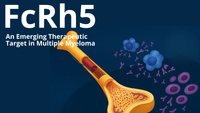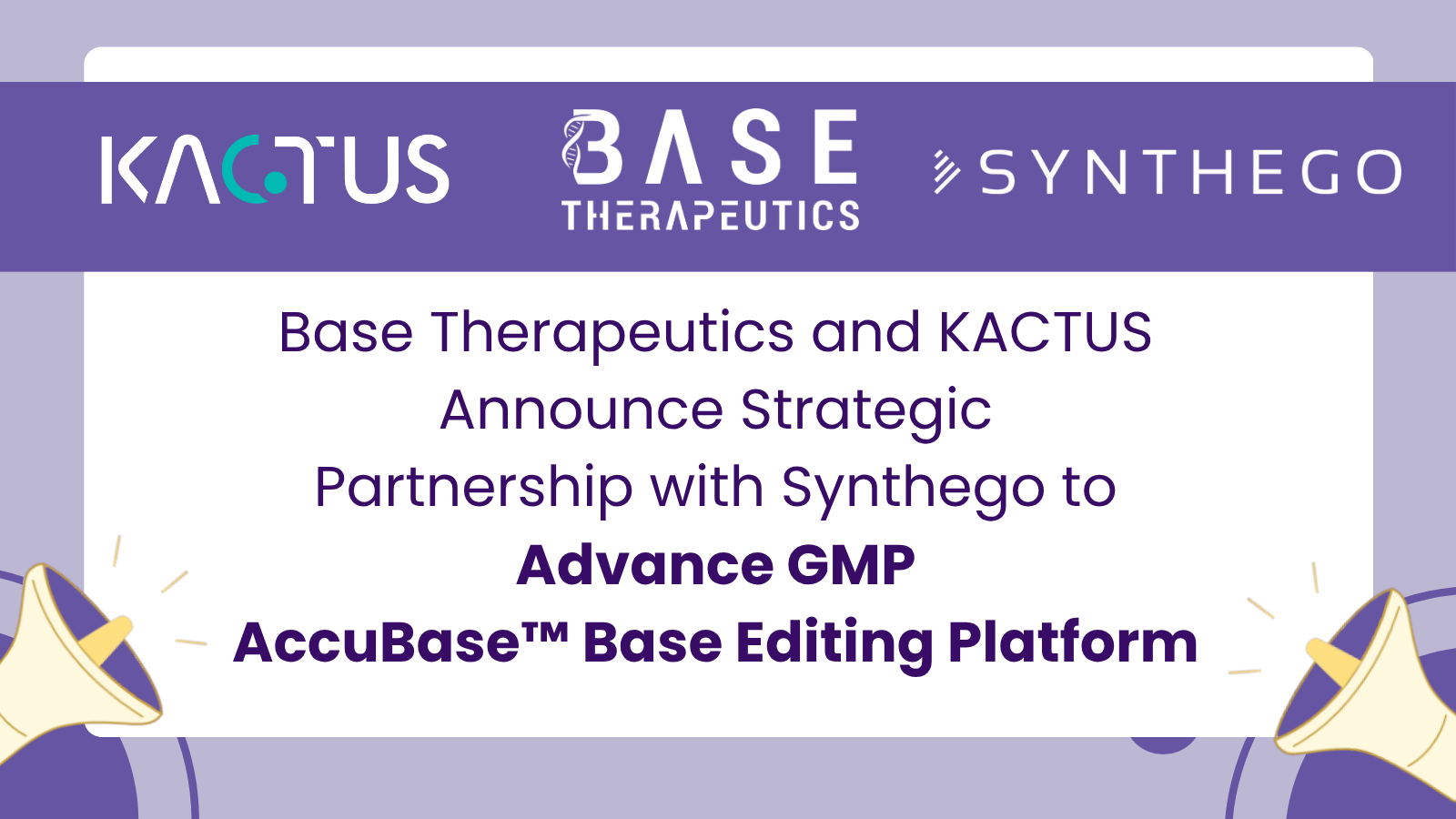BsaI and T7 RNA Polymerase of KACTUS Pass FDA DMF Filing
By Mallory Griffin
After successful completion of DMF filings for our CRISPR Cas9 enzyme and Maxnuclease in the first half of 2022, we are excited to add two new products to that list. Our BsaI restriction enzyme and T7 RNA Polymerase, both from our in vitro mRNA synthesis series, have successfully passed FDA DMF filing (#037503 and #037660, respectively).
BsaI is a type IIS restriction endonuclease whose cleavage site is outside the recognition site, resulting in a sticky 5' protruding end. It is mainly involved in the preparation of linearized plasmids in the production of mRNA vaccines.
T7 RNA Polymerase uses single-stranded or double-stranded DNA containing the T7 promoter sequence as a template and NTP as a substrate to synthesize RNA complementary to the single-stranded DNA or double-stranded DNA template strand downstream of the promoter, and is mainly involved in vitro transcription (IVT) for the production of mRNA vaccines.
Product Features
GMP factory production with quality control release testing
MES digital production management system
Analytical method validation and process validation
Batch-to-batch stability and consistency
Free of antibiotic residues and raw materials of animal origin
Documents for regulatory filing can be provided
Product Data
Figure 1. Detection of BsaI enzyme digestion activity. 1μg plasmid and 1μL BsaI were added to a 20μL system (well 1 is the original solution; wells 2-10 are sequentially diluted 2X.), and digested for 30 minutes. The result shows that the activity of BsaI is ≥ 20 kU/mL.

Figure 2. Detection of T7 RNA Polymerase activity by molecular beacon. The detection principle is that when the molecular beacon and the transcription product specifically bind, the conformation changes and the fluorescence intensity changes. Three batches of T7 RNA Polymerase were tested twice each. The slopes were similar across all runs showing the activities of all batches T7 RNA Polymerase were stable.
Quality Management System
Successful completion of DMF filing is largely due to our quality management system. We have established a quality management system and documented it in accordance with ISO13485 and pharmaceutical cGMP requirements. We continuously improve the system to ensure its effectiveness, suitability, and adequacy. From E. coli strains to purified recombinant proteins, verifications are made at every level to ensure stable and reliable product quality and to ensure we meet the strict regulatory requirements of drug development.

Example Quality Release Verification (T7 RNA Polymerase)
|
Activity (≥ 50kU/mL) |
Residual RNase (Negative) |
|
Purity, SEC-HPLC (≥ 95%) |
Residual Protease (Negative) |
|
Residual Host Cell Protein (≤ 20 ng/mg) |
Residual Host Cell DNA (≤ 100 pg/mg) |
|
Residual Endonuclease (Negative) |
Endotoxin (≤ 10 EU/mL)
|
|
Residual Exonuclease (Negative) |
Residual Heavy Metal (≤ 10ppm)
|
|
Residual DNase (Negative) |
Bioburden (≤ 1 CFU/10mL)
|
KACTUS Products with FDA DMF Filing
|
|
|
|
|





